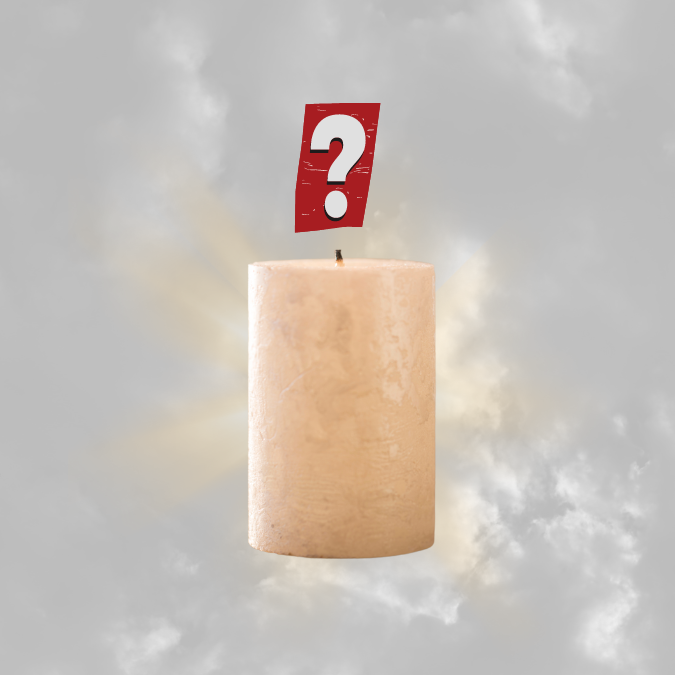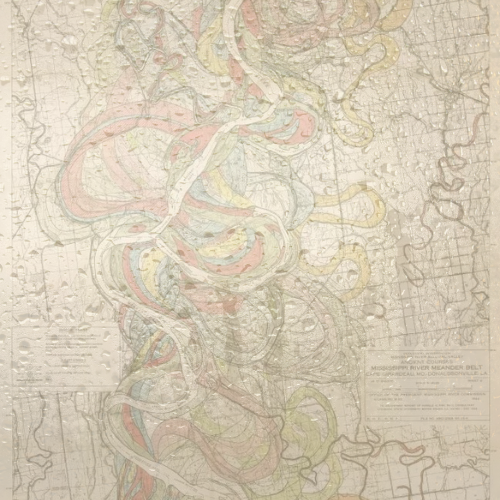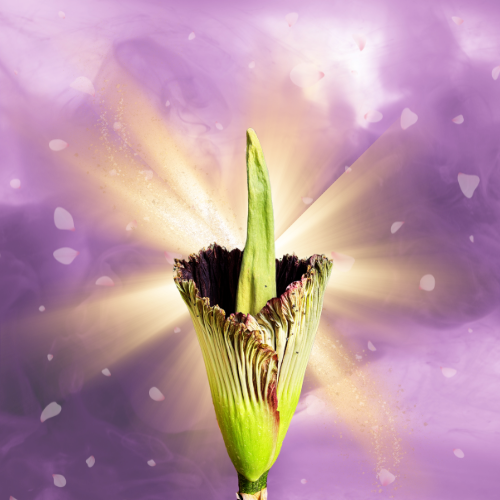ambiguous loss

I should be able to wear this identity like skin. It is a grief that has haunted, raised me. Its ghosts casting shadows on the kitchen walls of my childhood homes. It has found me in so many places. But the neverending numbness of the ambiguous loss of my parents – permanent and humming in the background like tinnitus – or the long, hard goodbye to my aunt who died of aphasia, did not prepare me for the ambiguous loss of a sibling.
Ambiguous loss is one without a definitive closure or boundary. Where the person remains alive, but their presence is altered through illness or psychological state. My body knows this grief. The intense fatigue and the buzzing mornings, my body becoming a tuning fork. The hunger without an appetite. The tightly woven knot in my chest; a compactly knit ball, each thread a separate emotion. Or my stomach, a burning anger inferno.
Watching loved ones become consumed by their addiction is a slow, grueling death. With my dad, I never knew him. We never had a relationship to lose. With my mom, the abuse and neglect grew so great that my internal compass eventually led me away. It knew I couldn’t survive with her, as painful as it felt in that moment to run away. It’s not that I went looking for my breaking point, though – it found me. It’s not something I saw approaching from miles away, not an object in the distance. It’s a final act that feels almost unspeakable, and then I find myself uttering, I can’t.
For a long time I could still catch glimpses of who my sibling was at their core. Like a slight of hand, or when you think you see something out of the corner of your eye and turn to find it’s vanished. These littles glimpses are the bait that keeps you hooked. You can’t let go, don’t want to let go because what if, what if this is the moment they decide they want treatment. They’re ready to be healthy. For me, it meant holding my breath, gritting down, and withholding the sometimes, at best, complete inability to connect with someone in an altered state, and at worst, the verbal abuse.
When I finally decided in the last few months it was time to set a loving boundary, it felt like watching a casket go into the ground. This is it. This is a goodbye. Not the goodbye, but something that feels bigger than times before when I’d give myself breaks. Because I was forcing myself into actual conditions to protect myself.
In the days following my decision to place a healthy, compassionate boundary between my sibling and me, I found myself searching how to cope. As if I wasn’t raised by parents devoured by their own addictions. As if I hadn’t grieved, ambiguous or obvious, so many times before. But a sibling is a part of you. Quite literally. Fetal cells live on in the birthing parent’s womb for years, decades after. They can permeate the placenta and umbilical cord, and have been found inside siblings' bodies years later. (Or if you’re the oldest, or a single child, it can be the cells of aunts and uncles who were older than your birthing parent). I think about how close we were because of who we are as people, but also because of how deeply connected the two of us are.
Losing my parents to addiction feels easier. With my sibling, for so long I had kept a tight grip on the few pieces that remained of our relationship. I couldn’t let go, left nail marks in my palm from holding on so tight. I didn’t want to let go. My siblings and I raised each other. Besides physically carrying each other with us, we were close in the way kids of single parents and tumultuous childhoods can become. We were trauma bonded. We were all we had.
That can become its own part of our identity. The struggles we uphold and the battles we fight in and how those acts come to define us. Who am I without my sibling, but also who I am without expending my energy in this specific way? I don’t have to tell you that we become addicted to stress. And of course we especially do when we were raised in an unstable environment; our nervous systems were tuned to it. When I put this boundary in place, I let go. When I let go, I create space to let other things in. I don’t know what fills that gap, but for now I’m letting everything that’s surfacing in the absence exist.
This story remains unwritten. It’s a postmodernist tale in its lack of resolution. I'll remain treading in the complex and vague waters of a deeply felt and experienced severed relationship that has been core to my identity from birth. Add another comma for “ambiguous griever”.
The advice from my searching? Treat this in many ways like you would any loss. Mark a date. Create ritual. Give yourself space to mourn. And don’t set an expiration date on it. There’s no bereavement leave for ambiguous loss, but you are in mourning.




